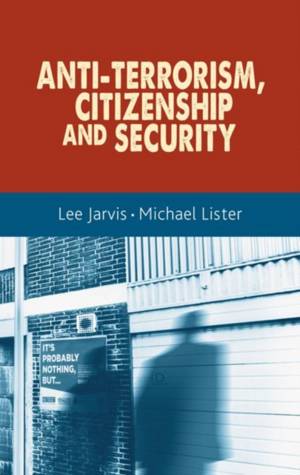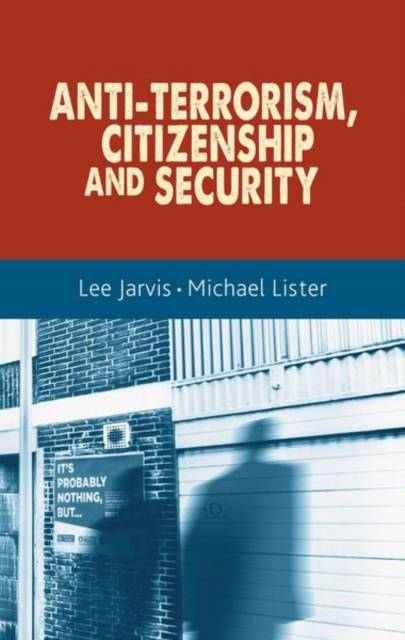
- Afhalen na 1 uur in een winkel met voorraad
- Gratis thuislevering in België vanaf € 30
- Ruim aanbod met 7 miljoen producten
- Afhalen na 1 uur in een winkel met voorraad
- Gratis thuislevering in België vanaf € 30
- Ruim aanbod met 7 miljoen producten
Zoeken
€ 74,45
+ 148 punten
Omschrijving
This book explores how different publics make sense of and evaluate anti-terrorism powers within the UK, and the implications of this for citizenship and security. Drawing on primary empirical research, the book argues that whilst white individuals are not unconcerned about the effects of anti-terrorism, ethnic minority citizens (including, but not only those identifying as Muslim) believe that anti-terrorism powers have impacted negatively on their citizenship and security. This book thus offers the first systematic engagement with 'vernacular' or 'everyday' understandings of anti-terrorism policy, citizenship and security. It argues that while transformations in anti-terrorism frameworks impact on public experiences of security and citizenship, they do not do so in a uniform, homogeneous, or predictable manner. At the same time, public understandings and expectations of security and citizenship themselves shape how developments in anti-terrorism frameworks are discussed.
Specificaties
Betrokkenen
- Auteur(s):
- Uitgeverij:
Inhoud
- Aantal bladzijden:
- 208
- Taal:
- Engels
Eigenschappen
- Productcode (EAN):
- 9781526133816
- Verschijningsdatum:
- 16/11/2018
- Uitvoering:
- Paperback
- Formaat:
- Trade paperback (VS)
- Afmetingen:
- 155 mm x 231 mm
- Gewicht:
- 317 g

Alleen bij Standaard Boekhandel
+ 148 punten op je klantenkaart van Standaard Boekhandel
Beoordelingen
We publiceren alleen reviews die voldoen aan de voorwaarden voor reviews. Bekijk onze voorwaarden voor reviews.











